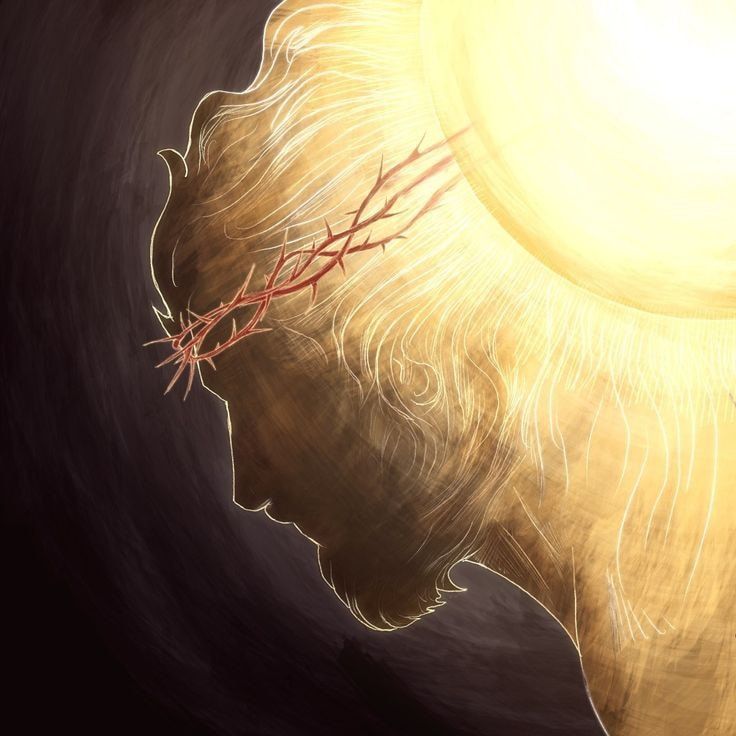
Jn. 18: 33b-37
Today we celebrate the solemnity of Christ the King. Human history has witnessed so many emperors, kings, and monarchs and their kingdoms. All these kings possessed a lot of wealth and power to be and to remain kings. These kings might have shed the blood of thousands in the war to sustain their power and their kingdom. I do not intend to say that all these kings were selfish and cruel; absolutely not. A good number of them are known for their commitment to the welfare of their subjects. However, their first priority was their own kingship and welfare. In our history, there is only one king who, from his birth to death, gave everything for his people without possessing anything for himself… Jesus.
All the other rulers of his time misunderstood him and considered him a threat because they were all driven by their deep craving for power. The prophesied title of Jesus, “king of the Jews,” disturbed, threatened, and challenged these rulers. The first instant that we encounter in the gospel is with King Herod. Once he came to know from wise men that the King of Jews had been born in the city of David, he was deeply perplexed and prepared plans to kill the baby. When he realises that he was tricked by the wise men, he gets frustrated, and in that anger, he kills all the new born babies of Jerusalem.
The religious aristocracies, such as pharisees, Sadducees, and scribes, stood against Jesus because they were upset by the constructive criticism that Jesus contributed to renewing their religious life. However, they were terribly frightened that Jesus would gather all his followers and might announce himself as their king and supreme authority. Therefore, they were experimenting with different plans, one after the other, to trap Jesus. All of the questions posed to Jesus by these people were not intended to satisfy their thirst for knowledge, but rather to accuse him of being a blasphemer or a lawbreaker.Therefore, they could eliminate him.
When Jesus was presented to King Herod prior to his final trial by Pilate, King Herod was present.In fact, Herod was a Jewish king. He could have saved Jesus from the punishment. Herod was curious to see Jesus and to verify that he was indeed John the Baptist reborn. He wanted to witness Jesus working a miracle. But when he encountered the helpless Jesus, he put on him a long garment and mocked him as though he was a king.
Finally, we see Jesus before Pilate. Pilate had his own source of information that proved the fact that Jesus was neither a political nor a religious rebel. His wife also warned him about the innocence of Jesus. He was sure that Jesus was not guilty. Anyhow, when he was pressed by the religious leaders, he was frightened of losing his power and condemned Jesus to death.
All these people misunderstood the person of Jesus and his kingship. Jesus clearly mentioned that his kingdom does not belong to this world. Everything in this cosmos was created by him and for him. If so, why did he have to fight for a kingship that entirely belonged to him? The greatness of his kingship is that he allowed himself to be emptied of his own kingship by accepting the humiliations, mockery, chastisement, and crucifixion. He willingly accepted the crown made of thorns. He was rewarded with a cross, which became his seat of power. He did not have anything of his own, they plundered even his own garments and finally buried him in a borrowed tomb… Having analysed all these factors, can we call Jesus a king? We cannot understand the kingship of Jesus remaining in the human realm. A king is someone who wields absolute power and possesses vast wealth.The kingship of Jesus was different. He established his kingship through his self-emptying, which culminated on the cross. Allowing himself to be emptied, even accepting death, he filled the whole cosmos with his redeeming love… As we celebrate the kingship of Christ, let us be his instruments in building his kingdom by being his real followers.